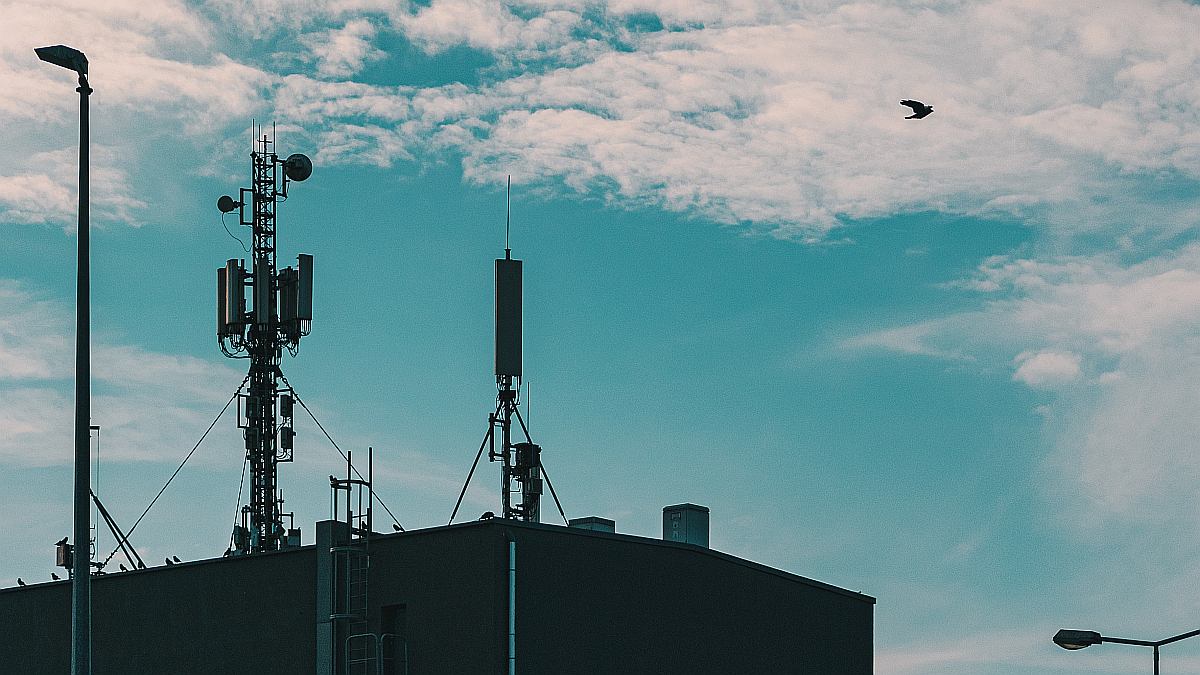India’s largest telecom operator Reliance Jio on Friday posted an about 24 percent jump in standalone net profit at Rs. 4,173 crore for the fourth quarter ended March 2022, amid better realisation per user aided by tariff hike, better subscriber mix and FTTH services ramp-up.
The standalone revenue from operations increased by about 20.4 percent year-on-year to Rs. 20,901 crore.
Mobile SIM consolidation after the tariff hike in the last December led to a net reduction of 10.9 million in customer base in 4Q FY22.
For Jio Platforms — the unit that holds telecom and digital businesses — the consolidated net profit for the just-ended quarter was Rs. 4,313 crore, up nearly 23 percent year-on-year. The gross revenue for March 2022 quarter came in at Rs. 26,139 crore, nearly 21 percent higher.
The total customer base as of March 2022 stood at 410.2 million, while ARPU — a key metric for all telcos — zoomed during the quarter to Rs. 167.6 per subscriber per month.
The average revenue per user or ARPU was pegged at Rs. 151.6 per subscriber per month in the December quarter.
“ARPU during the quarter of Rs. 167.6 per subscriber per month saw a healthy 21.3 percent growth on a year-on-year basis and 10.5 percent growth on a quarter-on-quarter basis,” parent Reliance Industries said in a statement.
The total data traffic was 24.6 billion GB during the quarter, translating into 47.5 percent growth.
Jio Platforms’ gross revenue for the full FY22 rose to Rs 95,804 crore, 17.1 percent higher than the previous fiscal (adjusted for Interconnect Usage Charges), according to the company statement.
Jio Platforms’ net profit for FY22 was Rs. 15,487 crore, 23.6 percent higher than the previous fiscal.
For the financial year ended March 31, 2022, the telecom services arm Reliance Jio’s consolidated PAT increased by about 23 percent to Rs. 14,854 crore, compared to Rs. 12,071 crore in FY21.
The annual revenue from operations grew by about 10.3 percent to Rs. 77,356 crore in 2021-22.
“SIM consolidation post the December 2021 tariff hike led to a net reduction of 10.9 million in customer base in 4Q FY22,” the statement informed.
Gross subscriber addition continued to remain strong with total gross addition of 35.5 million in 4Q FY22 with sustained traction in mobility and FTTH (fibre to the home) businesses, it added.
During 4Q FY22, average data and voice consumption per user per month increased to 19.7GB and 968 minutes, respectively.
“Jio is now the #1 FTTH services provider in the country with over 6 million connected premises. Jio consumers have over five hours of average daily engagement on the set-top-box,” the company said.
Jio has conducted extensive 5G field trials across eight states, testing a comprehensive suite of products, including M-MIMO, Macro, Outdoor and Indoor Small Cell.
“Peak user throughput achieved was over 1.5Gbps in these trials. Multi-vendor interoperability and interworking have also been verified,” the statement said.
Spectrum liability loaded RIL with net debt of Rs. 34,815 crore during the reported quarter.
RIL’s Joint Chief Financial Officer Srikanth Venkatachari, during an earnings call, said there has been strong performance on the digital side but there has been change in net debt due to refinancing of high cost spectrum liabilities of Rs. 30,971 crore.
Jio had prepaid Rs. 30,971 crore spectrum dues to the government in January.
Jio Platforms President Kiran Thomas said the company is building 5G network to go closer to the consumers and the rollout of the services is expected to take place soon.
He further said Jio has become the leader in optic fibre-based broadband connection and added twice the number of connections that the rest of the industry put together.
The Indian market is gearing up for the rollout of 5G services that will usher in ultra high-speeds and spawn new-age offerings and business models.
The countdown for the mega spectrum auctions has begun and telecom regulator Trai last month recommended about 39 per cent reduction in the reserve or floor price for the sale of radiowaves for mobile services, including the latest 5G offering, as it looked to match revenue expectations with the industry’s paying capacity.
Trai’s latest recommendations will set the groundwork for spectrum auctions in 2022 to facilitate the rollout of 5G mobile services within 2022-23 by private telecom providers.
The government is likely to hold 5G spectrum auction in early June, Telecom Minister Ashwini Vaishnaw has recently said. The Department of Telecom is working as per the expected timeline and the process is on to resolve industry concerns around spectrum pricing.

